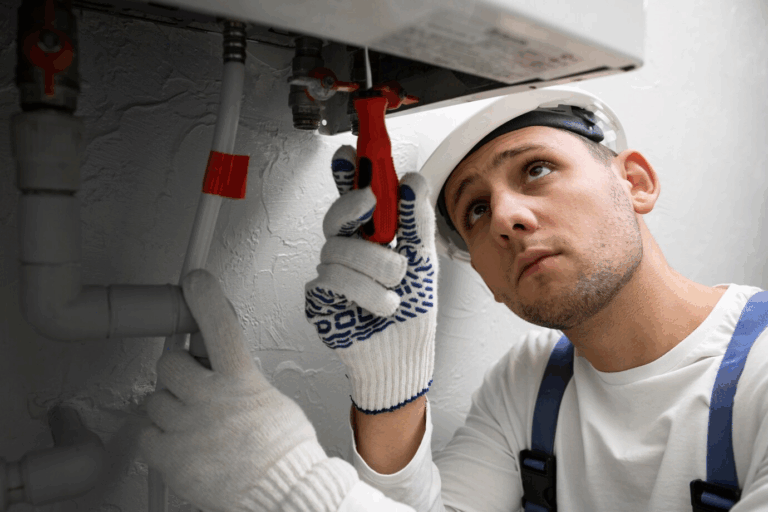Few things are more important for household comfort than a dependable hot water system. Hot water is essential for convenience and cleanliness, from daily showers to dishwashing and laundry. But with so many options on the market right now, a lot of homeowners feel overpowered. Energy efficiency, long-term expenses, household requirements, and environmental impact must all be carefully considered when choosing the best system. Your home’s energy efficiency can be greatly increased while maintaining control over your utility expenses by finding the ideal mix between affordability and performance. In order to assist you in making an informed, economical choice that fits your lifestyle, we’ll go over the important considerations for selecting a hot water system in this post.
Knowing the Different Kinds of Hot Water Systems
Knowing the many kinds of hot water systems that are available is the first step in choosing the best one. In general, there are four primary types of hot water systems: heat pump, gas, electric, and solar. Although electric systems are usually the least priced initially, their high electricity costs make them the most costly to operate over time. If you have access to natural gas, gas systems often offer lower running expenses, albeit being slightly more expensive initially. Although solar hot water systems are very eco-friendly and energy-efficient, some households may find their initial cost and dependence on sunshine to be prohibitive.
System Sizing Based on Domestic Requirements
Choosing the appropriate size is one of the most frequently disregarded factors when buying a hot water system. A system that is too big will waste energy by heating more water than is required, while a system that is too small will quickly run out of hot water. The number of people living in your home, regular usage habits, and whether your system will service several bathrooms or appliances at once are all important factors to take into account. For example, a family of four could need a 125–160 liter storage tank for electric systems, while continuous flow systems might be more suited for bigger families or residences that frequently need hot water.
Evaluating Running Costs and Efficiency Ratings
For long-term effects on your energy costs as well as environmental considerations, energy efficiency is a crucial factor. This might not look that important at first, but it is a very important aspect of your hot water system, so start paying attention to these things as soon as you can. Energy efficiency star ratings for contemporary hot water systems assist customers in making economical and ecologically responsible decisions. Efficiency ratings for solar and heat pump systems are frequently the highest, followed by gas systems and electric systems. These scores, however, must be evaluated concerning the system’s installation and purchase expenses. For instance, it could take several years to recover the original expenditure in a solar system, even though it might save you more money over time.
Assessing the Needs for Installation and Maintenance
The total cost of a hot water system is also greatly influenced by installation and continuing maintenance. Certain systems, such as conventional electric storage tanks, are very simple to set up and keep up. Others, including heat pump and solar systems, could need a more complicated setup, room for parts like outdoor units or solar panels, and recurring maintenance to guarantee peak performance. These practical factors must be taken into account, particularly if your house has space restrictions or unusual building codes. Regular maintenance can also extend the system’s lifespan and avoid unforeseen expenses in the future. Examples of this include cleaning silt from storage tanks and checking solar collectors.
Examining Government Rebates and Incentives
Using government rebates and incentives is another option to lower the cost of an energy-efficient hot water system. Financial aid is available in many areas for the installation of eco-friendly devices like heat pump units or solar panels. These initiatives aim to lower the overall carbon footprint of household energy use and encourage sustainable energy use. You might find ways to reduce your initial expenses by looking into regional rebate programs or speaking with a certified installer. In certain situations, incentives can drastically reduce the cost difference between traditional and high-efficiency systems, making it simpler to make an investment in a long-term solution that will help the environment and your pocketbook.
Your daily comfort, household budget, and environmental impact are all impacted by the choice of the hot water system. In the end, the most effective strategy is the one that fits your unique usage habits and budget. With the correct strategy, you may have the best of both worlds without sacrificing price or performance.
